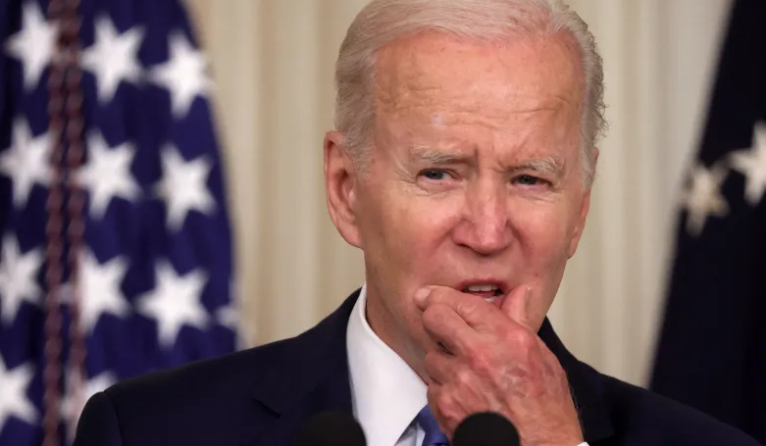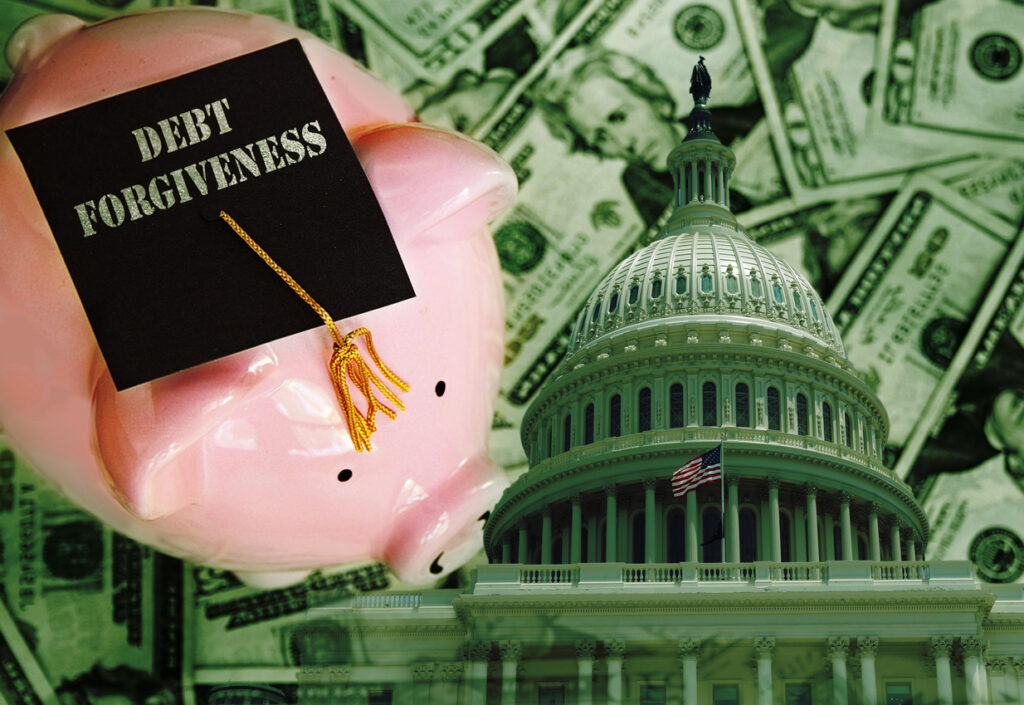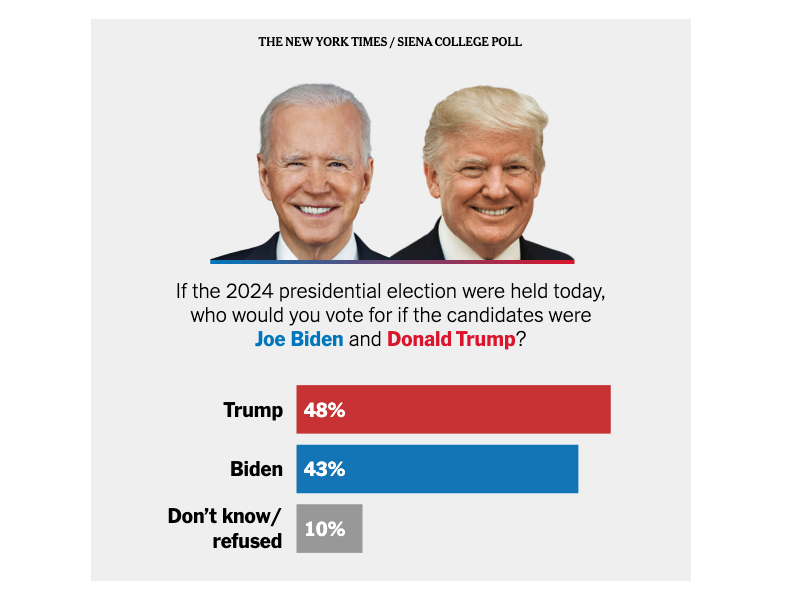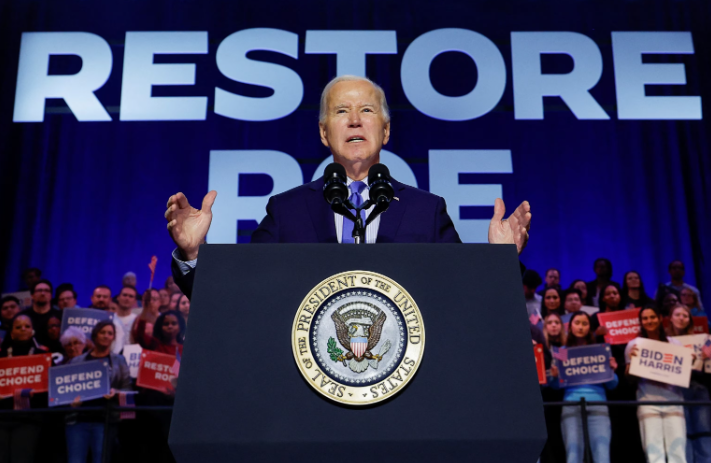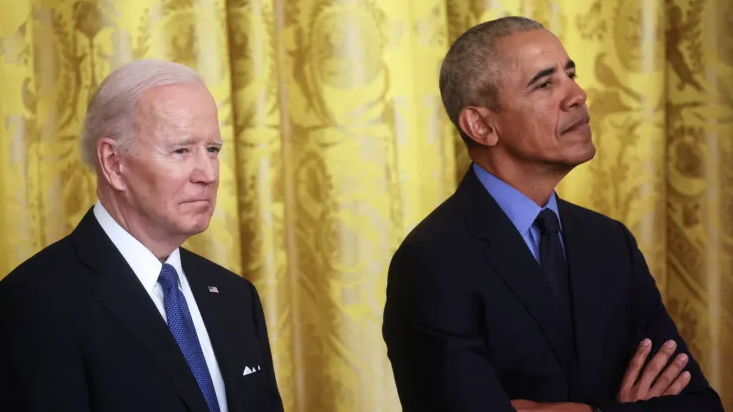
The mental health landscape in America is reaching a crisis point, exacerbated by the COVID-19 pandemic, and the stark realities of this issue are especially pronounced in rural areas like North Dakota. In these regions, referred to by some as “mental health care deserts,” the scarcity of resources and growing demand for services underscore a nationwide struggle. In 2023 alone, a staggering 29 percent of North Dakota adults reported symptoms of anxiety or depressive disorders, illuminating the pressing need for robust mental health support across the country.
This crisis isn’t isolated to North Dakota. It is a pervasive issue affecting nearly every state, with a significant uptick in mental health issues among all age groups. For instance, 45 percent of adults between the ages of 35-44 reported some form of mental illness, a sharp increase from 31 percent in 2019. The data is even more alarming for adults ages 18-34, where 50 percent reported mental health issues.
The Biden administration has made commendable efforts to address these challenges, such as the implementation of the 9-8-8 mental health hotline and increased funding for school counselors. These initiatives are crucial steps forward, reflecting a national acknowledgment of the mental health crisis and a commitment to addressing it.
However, a recent proposal by the Departments of Labor, Treasury, and Health and Human Services to amend the Mental Health Parity and Addiction Equity Act of 2008 has raised significant concerns. The proposed change aims to increase the number of providers by lowering the standards required for professional qualifications. While well-intentioned, this approach could lead to unintended negative consequences, potentially compromising the quality of care and making it more difficult for patients to find the help they need.
Navigating the mental health care system is already a daunting task for many, and the stigma surrounding mental health and substance use disorders remains a significant barrier. If the process becomes even more complex and confusing, it could deter individuals from seeking necessary care, further exacerbating the existing crisis.
Lowering the standards of care and complicating the system for patients is not the answer to the challenges we face. The U.S. health care system is renowned globally for its high standards and quality of care; diminishing these could jeopardize not only our national standing but also the well-being of countless individuals who depend on these services.
Addressing the shortage of qualified mental health care providers requires a multi-pronged approach. Expanding telehealth services, enhancing the training of primary care physicians and front-line workers, and creating incentives for medical students to specialize in mental health are viable strategies that need to be pursued vigorously.
Telehealth has emerged as a vital tool in bridging the gap in mental health services, especially during the pandemic. In 2022, 37 percent of mental health care interactions were conducted virtually, proving the effectiveness and necessity of these services. This success should encourage further expansion of telehealth, including permitting cross-state care, which could greatly alleviate provider shortages.
Moreover, improving broadband access in rural areas is essential to ensure that telehealth services are accessible to everyone, regardless of their geographical location. This is not just an investment in health care but also an investment in the equitable distribution of health resources.
Training primary care providers, nurses, and school counselors to better recognize and address mental health issues is another critical step. These individuals often serve as the first point of contact for those seeking help. By equipping them with the necessary skills to identify symptoms early, we can ensure quicker, more effective interventions.
Long-term solutions should also include incentive programs for those entering the mental health field. Studies have shown that such initiatives can be effective; for example, medical providers who complete their residency in rural areas are more likely to continue serving these communities. Similar programs tailored to mental health could make a significant impact on the availability of qualified professionals.
The current mental health crisis requires a comprehensive and sustained response. While the initiatives introduced by the current administration are steps in the right direction, continuous engagement with experts and stakeholders is essential to refine and implement effective solutions. The stakes are too high for quick fixes or rule changes that might do more harm than good. As a nation, we must commit to a strategic, thoughtful approach to combat this growing challenge, ensuring that all Americans have access to the mental health care they desperately need.
